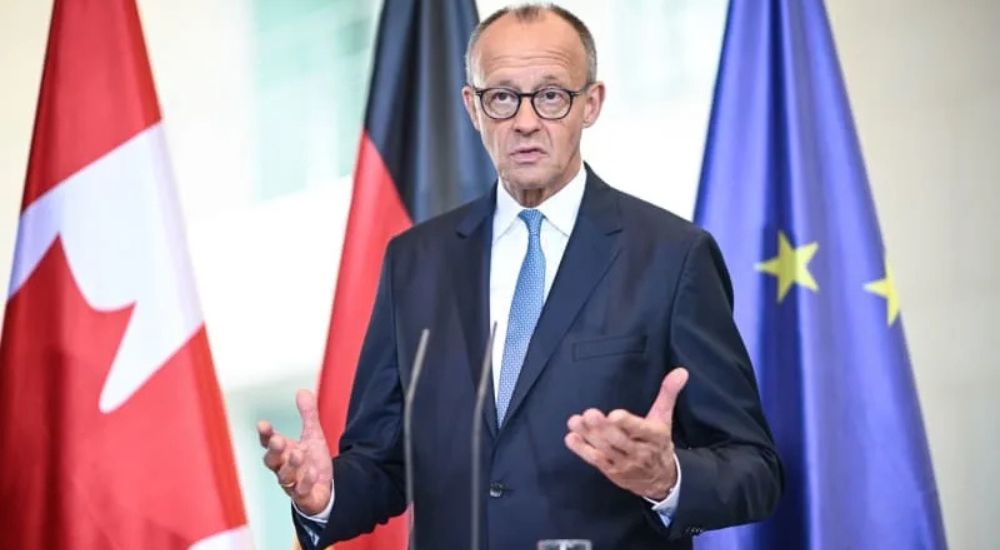Germany Lifts Restrictions On Arms Exports To Israel After Gaza Ceasefire
Germany will lift its restrictions on arms exports to Israel at the end of November, the government announced on Monday.
This follows a controversial pause imposed in August at the height of the Gaza conflict.
German government spokesperson, Stefan Kornelius, told the country’s news agency, DPA, that the limitations introduced by Chancellor Friedrich Merz after accusations of Israeli war crimes would no longer apply.
He said the ceasefire agreed in October between Israel and Hamas has “stabilized in recent weeks,” enabling a shift back to normal export procedures.
Kornelius noted that Germany is intensifying diplomatic efforts aimed at a “lasting peace” and increasing humanitarian aid to civilians in Gaza.
Germany will now “generally return to case-by-case assessments” of export applications while continuing to support reconstruction and relief operations.
Advertisement
The decision ends a period during which Germany, despite presenting the action as a targeted suspension of equipment “clearly usable in Gaza,” effectively issued no new weapons export permits.
A written response from the economy ministry revealed that between August 8 and September 12, Germany approved zero export licenses.
While war-weapons exports had been paused, lifting the restrictions means Israel could again secure components such as Renk-produced engines for Merkava tanks, pending individual approval.
The restrictions were imposed following public pressure in Germany as the war escalated. Hamas’ attack on Israel on October 7, 2023, killed around 1,200 people, mostly civilians, with 251 taken hostage.
The assault triggered an Israeli military operation in Gaza that killed tens of thousands of Palestinians, displaced most of Gaza’s population and devastated infrastructure.
Advertisement
The ceasefire brokered in October by President Donald Trump enabled the release of the remaining 20 Israeli hostages.
Germany is Israel’s second-largest arms supplier after the United States, and Merz’s decision in August to halt exports was a rare break in Germany’s traditionally strong support for Israel.
Meanwhile, Israeli Prime Minister Benjamin Netanyahu on Sunday vowed to oppose any efforts to establish a Palestinian state, a day ahead of a UN Security Council vote on a U.S.-backed resolution that leaves open a pathway to Palestinian independence.
The Security Council is expected to vote Monday on a U.S. proposal for an international stabilization force in Gaza, despite resistance from Russia, China and some Arab nations.

